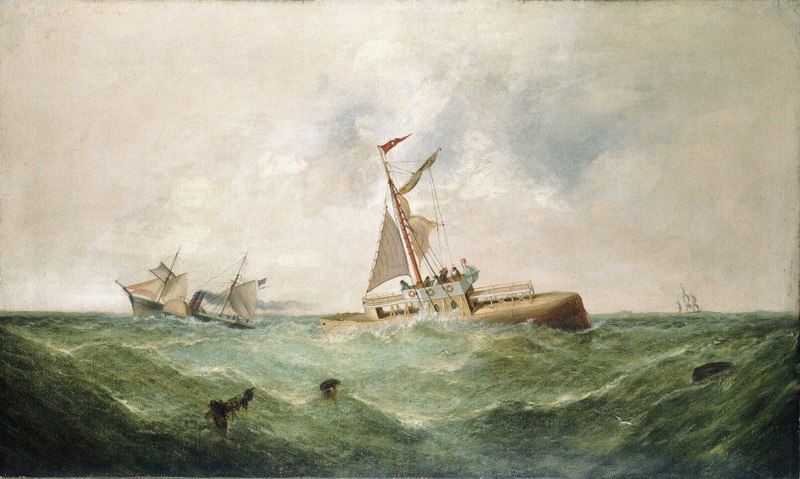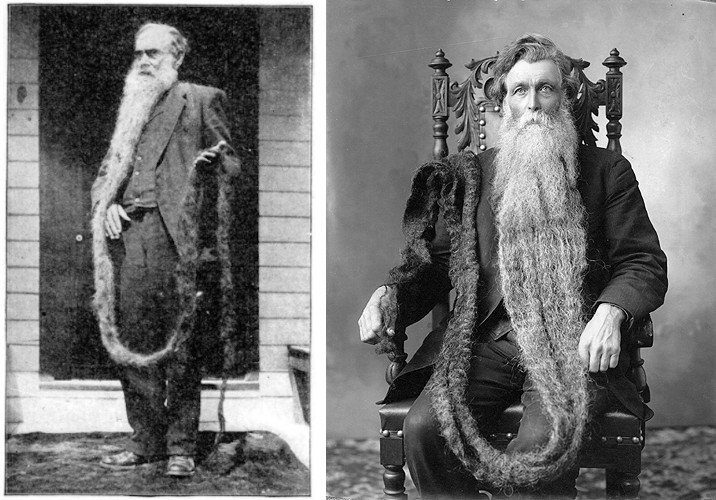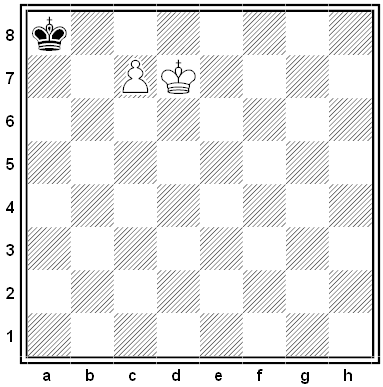Suppose we divide a group of 100 women randomly into two groups, one of 95 and the other of 5 women. Then by flipping a fair coin we randomly assign the name “the Heads group” to one group and “the Tails group” to the other. Now philosopher John Leslie suggests that “[e]stimated probabilities can be observer-relative in a somewhat disconcerting way”:
All these persons — the women in the Heads group, those in the Tails group, and the external observer — are fully aware that there are two groups, and that each woman has a ninety-five per cent chance of having entered the larger. Yet the conclusions they ought to derive differ radically. The external observer ought to conclude that the probability is fifty per cent that the Heads group is the larger of the two. Any woman actually in [either the Heads or the Tails group], however, ought to judge the odds ninety-five to five that her group, identified as ‘the group I am in’, is the larger, regardless of whether she has been informed of its name.
Even without knowing her group’s name, a woman could still appreciate that the external observer estimated its chance of being the larger one as only fifty per cent — this being what his evidence led him to estimate in the cases of both groups. The paradox is that she herself would then have to say: ‘In view of my evidence of being in one of the groups, ninety-five per cent is what I estimate.’
Whether this is really a paradox is disputed — Oxford philosopher Nick Bostrom, in his 2002 book Anthropic Bias, points out that these are different judgments: The woman is considering the probability that she finds herself in the larger group, and the external observer is considering the assignment of labels to the groups. Bostrom describes a variant “where chances are observer relative in an interesting, but not paradoxical way” (page 129).
(John Leslie, “Observer-Relative Chances and the Doomsday Argument,” Inquiry 40:4 [1997], 427-436.)






